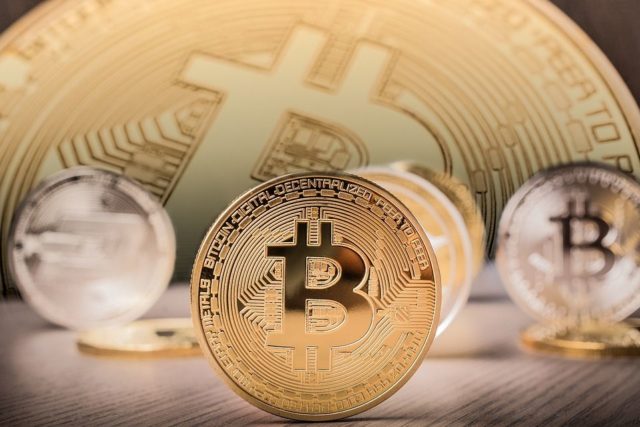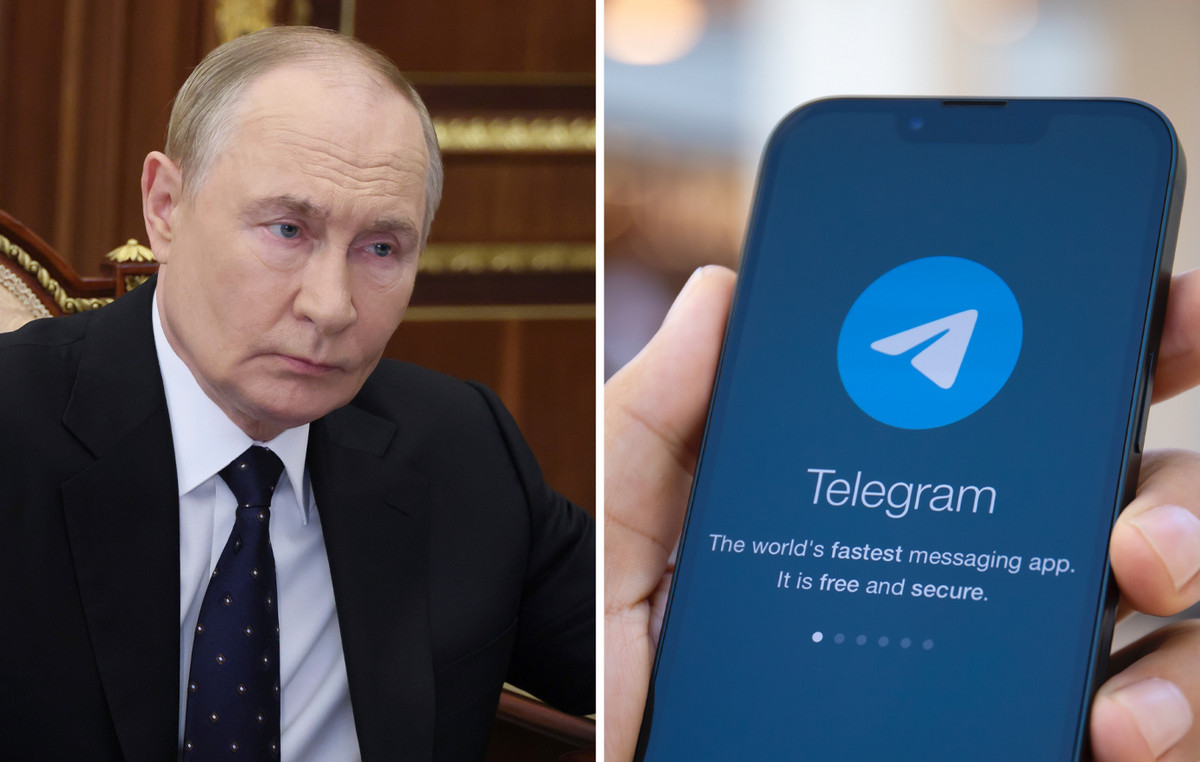In an interview with TIME, Nayib Bukele said that since Bitcoin was legalized in El Salvador on September 7, 2021, the country has been cautious in its use of the cryptocurrency. Bukele noted that El Salvador was one of the first countries to adopt Bitcoin as an alternative legal currency in order to reduce its dependence on the US dollar.
“Bitcoin has not gained the widespread adoption we had hoped for. However, many Salvadorans use it, and most large businesses in the country have it. The positive aspect of the introduction of bitcoin in El Salvador is that people do it voluntarily – we have never forced anyone to adopt it. We offered bitcoin as an alternative,” Bukele said.
The Salvadoran president added that the government had previously spent $75 million distributing $30 in bitcoin to users of Chivo, a crypto wallet operated by the Salvadoran government. According to Bukele, citizens who chose to use bitcoin made a decent profit when the cryptocurrency began to return to its historical maximum. Those who chose not to use bitcoin simply did not benefit from it.
Bukele believes that the legalization of Bitcoin has brought more positives than negatives to the country, and that the problems identified have been minor. Despite the small success in Bitcoin adoption, he says, the coin has attracted foreign investment to the country, which has led to a “surge” in tourism. Several cryptocurrency companies already have offices or headquarters in El Salvador.
“I’m not going to say that Bitcoin is the currency of the future, but this crypto asset definitely has a great future,” Bukele said.
In March, El Salvador’s president promised that the country would buy one bitcoin a day, despite criticism from the International Monetary Fund (IMF). In August, the IMF once again recommended that El Salvador stop using bitcoin as a means of payment to avoid economic risks.
Source: Bits
I am an experienced journalist, writer, and editor with a passion for finance and business news. I have been working in the journalism field for over 6 years, covering a variety of topics from finance to technology. As an author at World Stock Market, I specialize in finance business-related topics.







